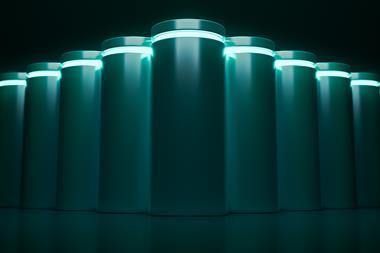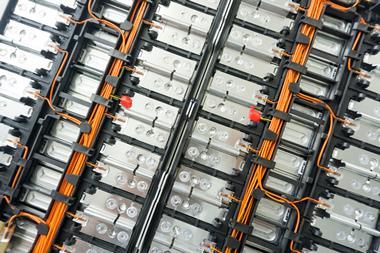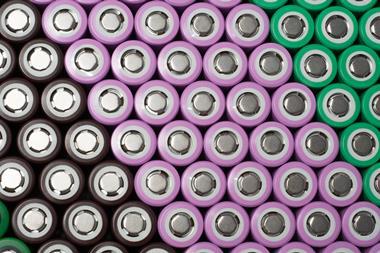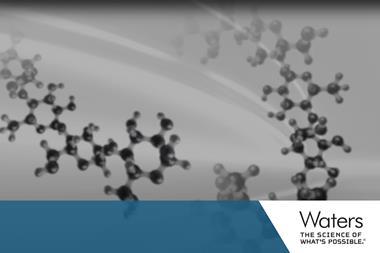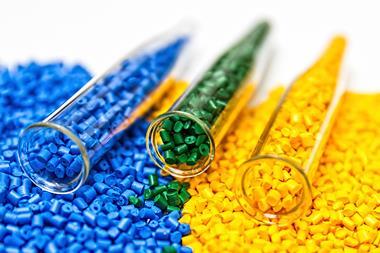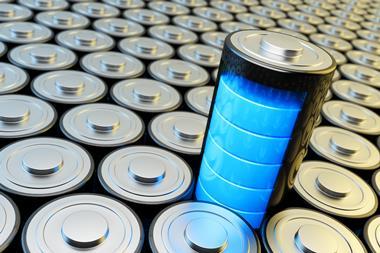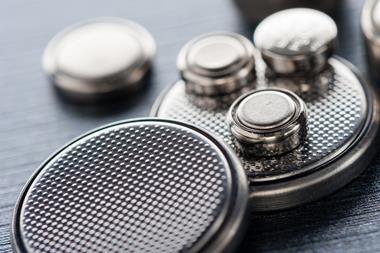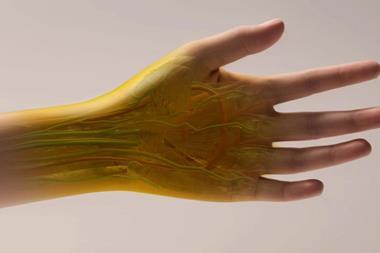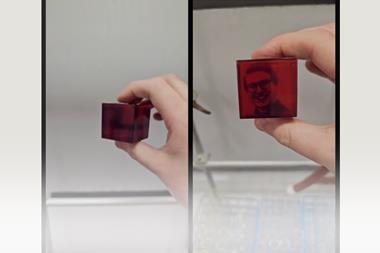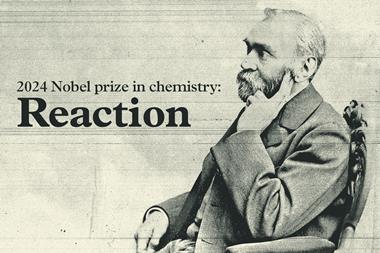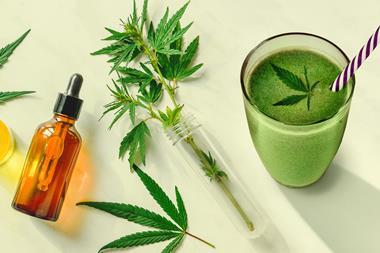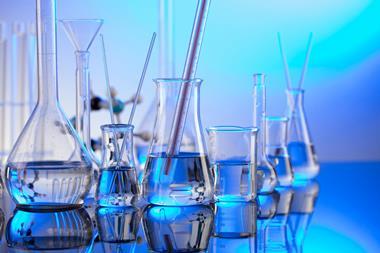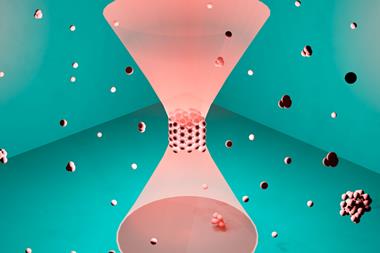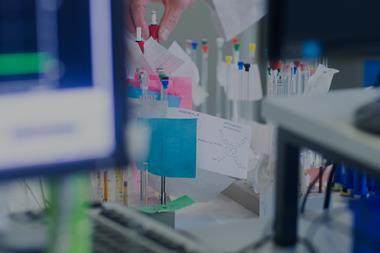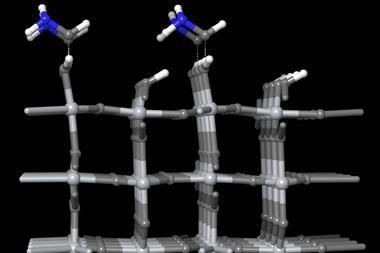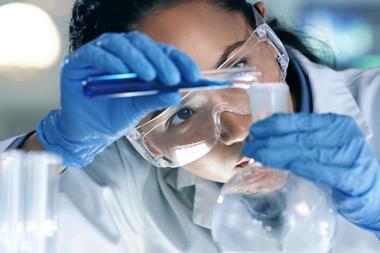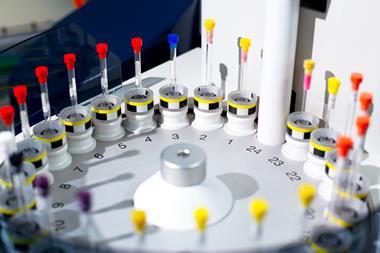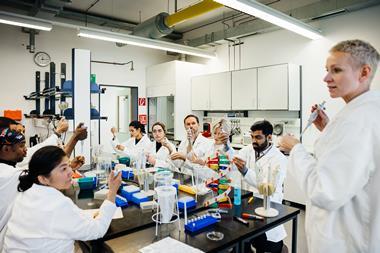Lithium-ion batteries have undoubtedly changed the world around us, but in order for the technology to evolve, it’s essential that we understand the chemistry within. To make the next generation of batteries safer, longer lasting and with higher capacity, it’s especially important that we understand how the electrolyte becomes degraded over time by chemical interactions.
This webinar demonstrates a methodology for comparing battery samples and detecting chemical components that may have undergone chemical degradation.
Studying volatile and non-volatile electrolyte degradation is traditionally performed on separate gas chromatography mass spectrometry (GC-MS) and liquid chromatography mass spectrometry (LC-MS) systems, each using a different software solution. In contrast, the methodology described in this webinar couples GC and LC technologies to the same high-resolution mass spectrometry (HRMS) system. Using the same HRMS system to analyze battery samples, researchers benefit from robust chemical characterization, streamlined sample comparison, and simplified data aggregations and reporting using a single software solution.
During this free webinar you will:

Speaker: Bryan Katzenmeyer, Senior manager, materials science – Americas field marketing

Speaker: Chris Stumpf, Senior manager, strategic program development – materials science

Speaker: Sarah Dowd, Senior MS applications specialist

Waters Corporation, the world’s leading specialty measurement company. Waters has pioneered chromatography, mass spectrometry, and thermal analysis innovations serving the life, materials, and food sciences for more than 60 years. With approximately 7,200 employees worldwide, Waters operates directly in 35 countries, with 15 manufacturing facilities, and with products available in more than 100 countries.

